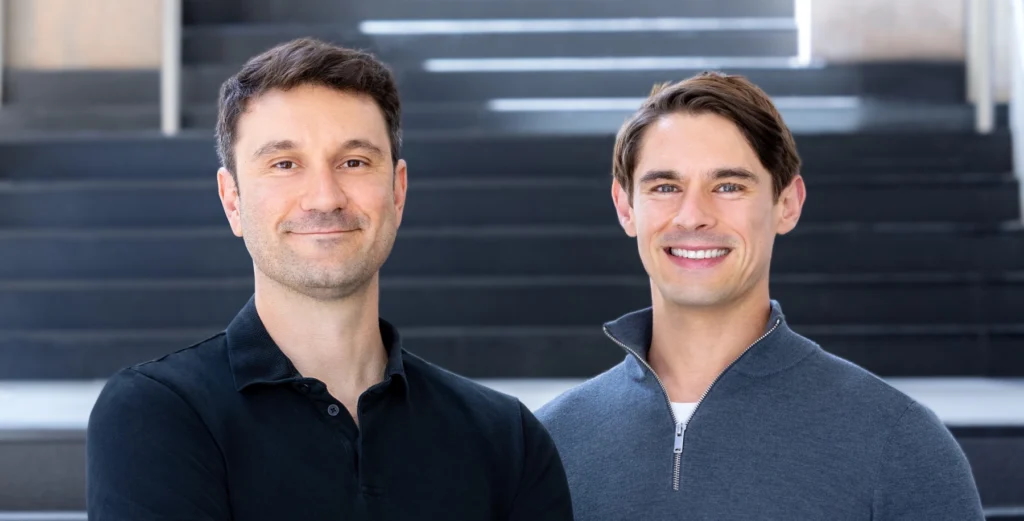A new startup, Periodic Labs, co-founded by former OpenAI researcher Liam Fedus and ex-Google Brain scientist Ekin Dogus Cubuk, has emerged from stealth with a massive $300 million seed round. Led by top-tier venture firm Felicis, the funding also drew participation from renowned angels and investors, including Andreessen Horowitz, Accel, Jeff Bezos, Elad Gil, Eric Schmidt, and Jeff Dean.
The startup’s origin traces back to a conversation seven months ago between Fedus and Cubuk, a materials science and machine learning expert known to friends as “Doge.” Their discussion focused on how generative AI could transform scientific discovery, and they realized the technology was finally ready to attempt it in a practical setting.
“There are a few breakthroughs across large language models, experimental science, and simulations that made this the perfect time,” Cubuk told TechCrunch. He highlighted three key developments:
- Reliable robotic arms for powder synthesis — allowing precise mixing and creation of new materials.
- Advanced machine learning simulations — capable of modeling complex physical systems essential for new material development.
- Powerful reasoning capabilities in LLMs — a result of Fedus’ work on post-training refinement at OpenAI.
The combination of these elements made AI-automated material science a realistic goal. Cubuk was part of a 2023 Google research team that published a paper documenting a fully automated robotic lab capable of creating 41 novel compounds based on language model suggestions, underscoring the feasibility of the concept.
The founders also saw the value in “failed experiments”. Unlike traditional science, which rewards only successful outcomes with publications and grants, AI-driven experimentation generates vast amounts of training and post-training data. Fedus explained, “Making contact with reality, bringing experiments into the [AI] loop — we feel like this is the next frontier.”
Despite rumors, OpenAI did not invest in Periodic Labs. Fedus confirmed that while he discussed his departure with OpenAI, their support didn’t include funding. However, the news of his exit sparked a frenzy among VCs, many of whom actively courted the duo.
The first serious investor meeting was with Peter Deng, a former OpenAI colleague now at Felicis. Deng recalled a memorable “pitch walk” in San Francisco’s Noe Valley, where Fedus emphasized the necessity of a fully equipped lab for AI to truly experiment. Deng said, “Everyone talks about doing science, but to do science, you actually have to do science.” He committed to funding the startup on the spot — though the official paperwork had to wait until incorporation.
With their $300 million war chest, Periodic Labs quickly recruited over two dozen top-tier AI and scientific talent, including Alexandre Passos, Eric Toberer, and Matt Horton. To foster collaboration, team members from diverse fields — AI, physics, and materials science — conduct weekly graduate-level lectures for each other. “A tight coupling is extremely important,” Cubuk said, emphasizing cross-disciplinary understanding.
The startup’s initial mission is ambitious: discovering new superconductor materials that could revolutionize technology by enabling high-performance systems with lower energy consumption. While simulations and data analysis are underway, the robotics component — critical for actual synthesis — is still being trained.
Periodic Labs’ approach represents a significant “swing for the fences”. Scientific discovery is rarely fast or predictable, but even unsuccessful experiments yield valuable data for AI learning. Other companies, including OpenAI, are also exploring AI-assisted science; last month, OpenAI announced a new AI for Science unit aimed at accelerating scientific discovery.
The $300 million seed round positions Periodic Labs as one of the most well-funded startups in AI-driven science, signaling a growing trend of using AI to explore previously unreachable frontiers in research. With a team blending cutting-edge AI expertise and material science knowledge, the company is poised to make discoveries that could reshape modern technology.

